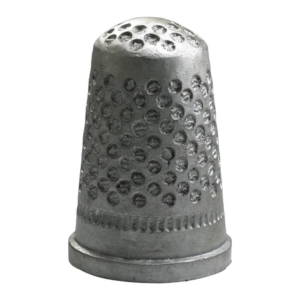Choosing Joy
 I am writing about a character who, in the first stage of her journey (of my journey with her), realizes that she no longer feels joy. It’s something she experienced in the past–when she fell in love with her first husband, when her children were born. But now she is just slogging through life. She doesn’t see how it can be any different. What I need to do (writing this) is figure out what wakes her up and makes her see differently–to see that she has a choice.
I am writing about a character who, in the first stage of her journey (of my journey with her), realizes that she no longer feels joy. It’s something she experienced in the past–when she fell in love with her first husband, when her children were born. But now she is just slogging through life. She doesn’t see how it can be any different. What I need to do (writing this) is figure out what wakes her up and makes her see differently–to see that she has a choice.
So I have been thinking about choice. Even though I’m writing fiction, I find myself thinking about the choices I make that I don’t think of as choices…that I think of as impositions, burdens, millstones around my neck.
What if, when one of these impositions or burdens or millstones appear, I stopped and thought. Do I have to pick that up? Is that mine?
What if I said no?
What if, when someone says something to upset me, instead of becoming upset myself, I asked for clarification?
Creativity is, itself, a choice we make. I get to choose how this character gets joy back into her life. I also get to choose my own moments of joy. Can I choose joy? What might that look like today?



